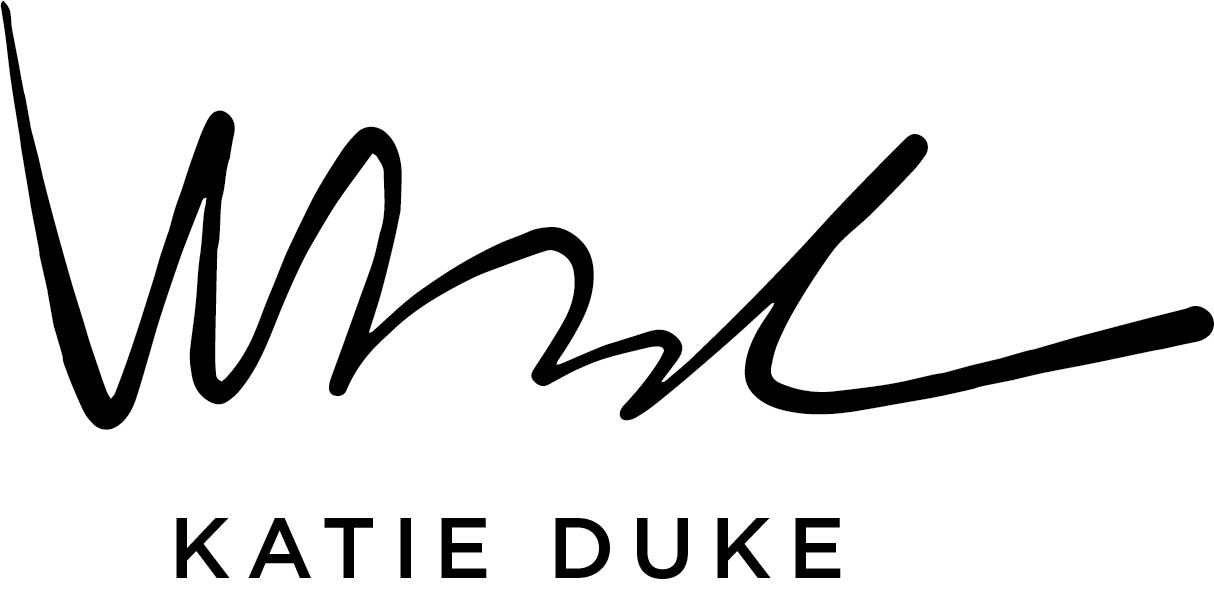RQI and High-Quality CPR: The new standard of resuscitation, with a focus on quality improvement
I am very excited to partner with RQI for this blog post. As always, all opinions, both professional and personal are my own, and in no way reflect that of my employer, nor does this sponsorship sway clinical decisions I make.
Knowing CPR and performing high-quality CPR are two different things.
2-year CPR training has long been the traditional practice, but is it optimal?
Imagine a very important skill that you perform, something that is serious. For the sake of this blog, we will say that skill is driving. Now, imagine that you do not typically drive every day or even every few weeks or every few months, and you only “have to” certify and practice driving once every 2 years. During this recertification and practice time you take a written test and a short road test.
Now, do you feel confident that you’d be competent to drive on a crowded city street or California freeway when the time comes?
Not exactly.
Now, swap out that skill of driving for CPR!! Albeit, driving is important and can affect someone’s life, it is not a lifesaving intervention such as CPR.
But, this is how it’s always been done right? It’s always been a 2-year certification!
This is exactly why it is time to change the practice and preparation.
Let’s start with 10 important facts that you NEED to KNOW:
1.) High-Quality CPR is the single highest determinant of survival from cardiac arrest. It must be implemented on every patient, every time.
2.) A provider’s CPR skills can decay in just 3 -6 months after their CPR training is completed.
3.) The only way to truly master skills and consistently implement them is through regular, measured practice and frequent competency verification.
4.) Rapid delivery of high-quality CPR is a patient’s last chance for survival
5.) The delivery of poor-quality CPR is a preventable harm.
6.) Within the current healthcare industry, cardiac arrest survival rates average less than 26%.
7.) There is a 42% difference in the odds of survival for patients at similar hospitals with a similar case mix, which indicates that there is not a consistent high-quality CPR practice being implemented.
8.) More than 200,000 in-hospital arrests occur yearly in the U.S.
9.) 1 in 4 hospital cardiac arrests occur in visitors and guests (aka non-patients)
10.) Immediate high-quality CPR can double or triple a cardiac arrest victim’s chance of survival.
There is the data. Ok so now what?
Clearly, I think we can all agree that this is a time-honored practice which needs a MAJOR overhaul and update with industry wide change.
RQI is leading the way to this much needed change.
The American Heart Association’s Resuscitation Quality Improvement (RQI) Program is an innovative, technology-based quality and performance improvement platform that ensures healthcare providers achieve and sustain high-quality CPR skills at the point-of-care (yes, that means on the unit), instead of in a classroom.
RQI delivers quarterly (4 times a year), audiovisual feedback and coaching and is supported by data and analytics that track and measure performance. Through RQI, healthcare providers improve their competence and confidence to respond with lifesaving patient care. Just this month, the American Heart Association and Laerdal Medical enhanced the program, introducing RQI 2020, a comprehensive, end-to-end resuscitation quality improvement program that will deliver higher CPR quality and verify CPR competency at a lower cost to healthcare systems and professionals.
• Offers “low-dose, high-frequency” hands-on sessions, and provides vital CPR skills practice in 10 minutes every 90 days. (honestly this sounds SOOOO much more appealing and interesting to me than an 8-hour BLS class)
• Reduces and eliminates labor expenses by assimilating sessions into the learner’s normal work schedule. (3 cheers for not having to come in on your day off and also saving departmental budget expenses)
• Places RQI stations on the unit and provides 24/7 access to hospital staff. (access is so important!)
• Provides real-time audio and visual feedback via high-fidelity manikins. (real time feedback is a key aspect to quality learning and retention of information)
• Meets and exceeds accreditation and credentialing standards. (you’re welcome managers)
With the RQI 2020 program, all learners enrolled in the RQI Healthcare Provider course will receive a quarterly Core skills assignment and a pre-case learning activity plus one eSimulation. The Core Skills include adult and/or child and/or infant ventilations and compressions.
This is important across the healthcare industry primarily because with more consistent learning and recertifying through RQI, we can improve the high-quality CPR skills of HCP’s, and implement a more consistent, mastered skill set through more frequent practice, which may improve patient outcomes and potentially save more lives.
I encourage all of us in healthcare to speak to our department educators and managers about implementing this into our work areas.
If you’re interested in learning more, you can visit https://rqipartners.com/
Check out RQI’s Lifesaving Solutions page: https://rqipartners.com/our-life-saving-solutions/
Become an RQI Lifesaver: https://rqipartners.com/lifesaver/
#RQIsavesLives
#RQI2020



